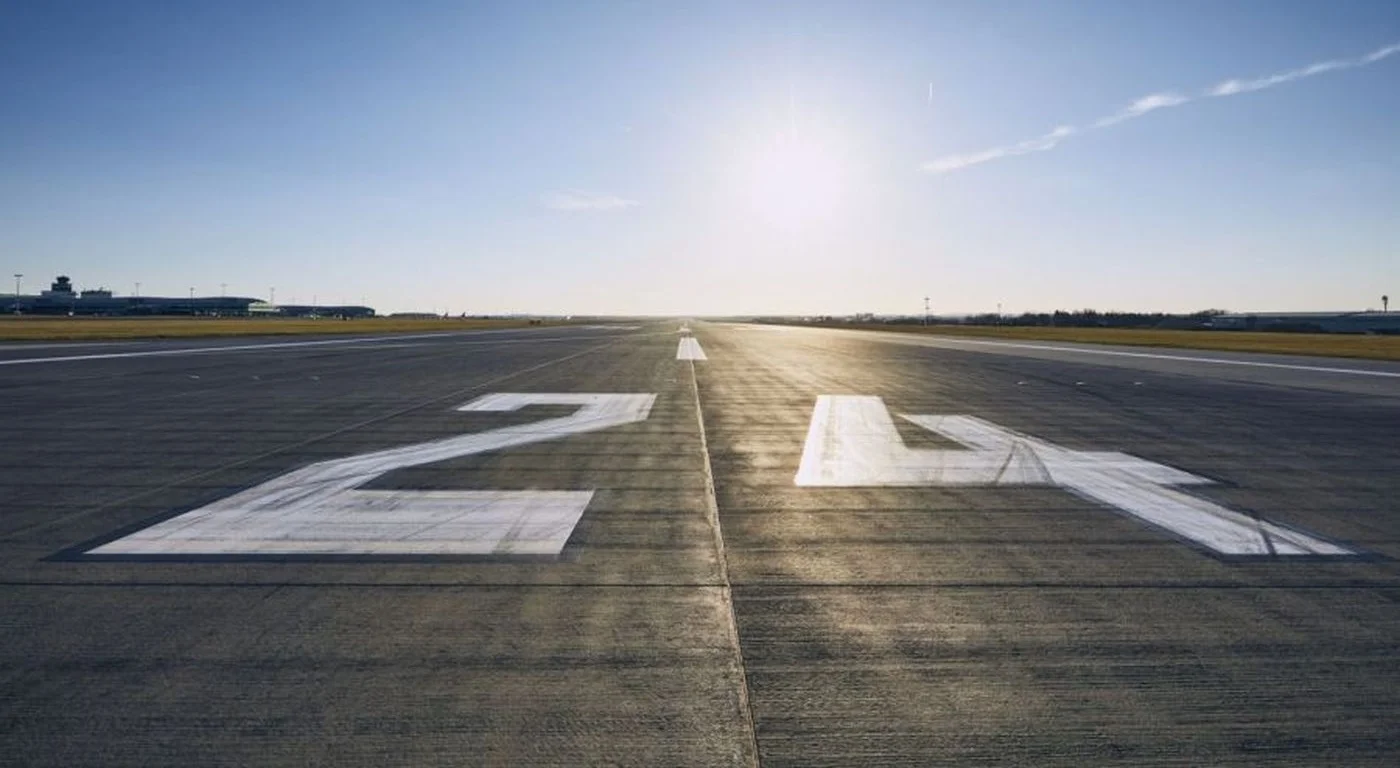
Thousands of traffic violations by Czech drivers abroad
Germany and Austria at the top
Foto: Bundesministerium für Inneres | Gerd Pachauer
Czech drivers are increasingly being targeted by authorities abroad — especially in Germany and Austria. This year alone, over 177,000 traffic violations have already been reported, mainly for speeding.
Czech drivers are increasingly breaking traffic rules abroad — particularly in Germany. According to recent figures from the Czech Ministry of Transport, over 177,000 enquiries from foreign authorities about Czech vehicle owners have been received this year alone. The clear leader is Germany, with over 83,000 cases.
The basis for the exchange of information is the European EUCARIS system, which connects national registers. “If, for example, a violation is recorded by radar and the driver is not stopped, the foreign authorities request the owner’s data via EUCARIS. We provide the information, and then the respective country sends the fine,” explains ministry spokesman František Jemelka to the Czech news channel ČT24.
Germany and Austria at the top
Germany registers the most violations, closely followed by Austria with around 46,800 requests. In contrast, Poland (fewer than 4,500) and Slovakia (only 165) report significantly fewer cases. According to Igor Sirota, spokesperson for the Central Automobile Club (ÚAMK), there are understandable reasons why Germany and Austria stand out so clearly in this regard: “Both countries are heavily trafficked transit routes with a dense surveillance infrastructure. Foreign drivers in particular are often prosecuted for minor offences.”
Speeding offences dominate
The most common offence is speeding. Exceeding the speed limit by just 11 to 15 km/h costs €40 in Germany, and even more in built-up areas. Anyone driving 16 to 20 km/h too fast pays €70. The penalties are more severe for serious offences: exceeding the speed limit by more than 70 km/h results in a fine of €700, a driving ban and points in Flensburg.
But it’s not just speed that is monitored: red light violations, driving without a seatbelt and using bus lanes are also among the most frequently punished offences. With the start of the travel season, the ministry expects a further increase in the numbers.



